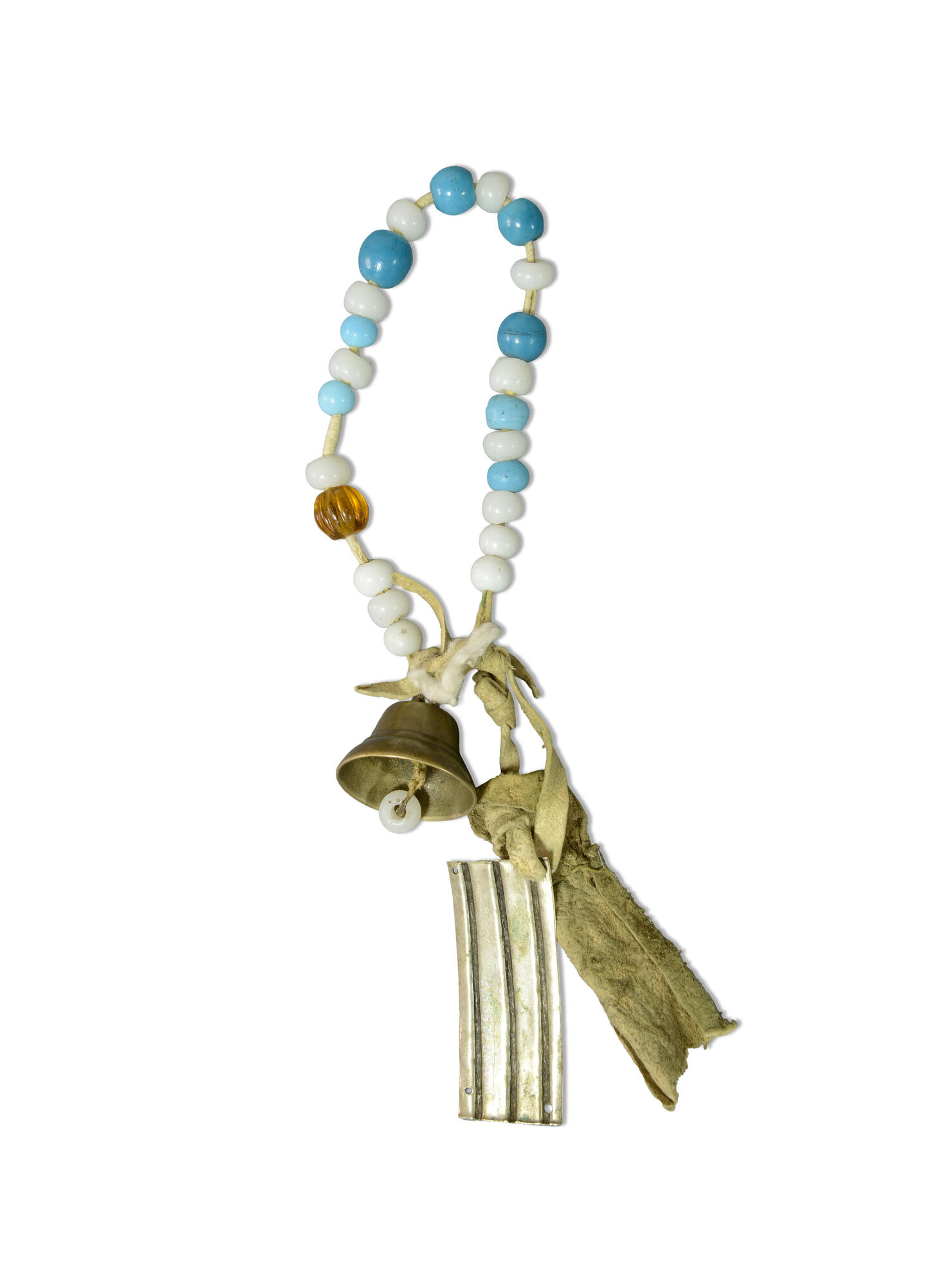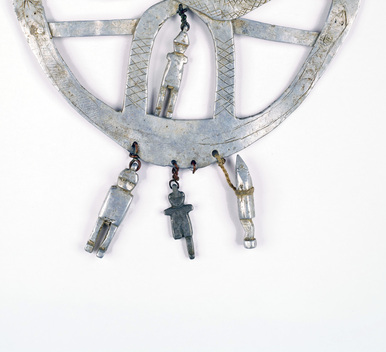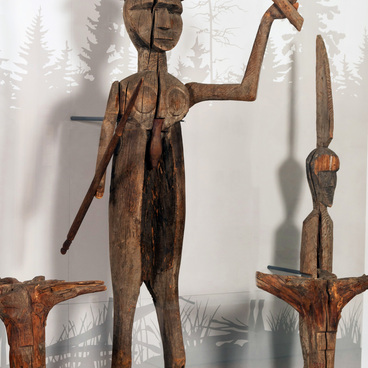Like all indigenous peoples of the Khabarovsk Krai, the Even peoples who lived in the Sea of Okhotsk region had a cult of the bear. It manifested itself in the bear festival, which was held when a sacred animal was killed in the taiga. The bear was not hunted on purpose, as it was considered a relative of humans and was addressed as “aba” — “grandfather”.
A bear was killed only in self-defense, in revenge for a killed relative or for attacking a herd of domestic deer. The name of the bear was not mentioned aloud before the hunt, as it was believed that this animal understood human speech and heard everything regardless of distance.
The forthcoming hunt was especially carefully concealed from women, because, according to mythological beliefs, they were blood relatives of the bear. There were several variants of the myth about the union of a bear with a woman and the ancestry of the Even people from this relationship. The belief in the blood relationship between the woman and the bear conditioned an extensive system of prohibitions and taboos in dealing with the living and especially with the killed animal.
In the past, the restrictions were very strict. A woman was not even allowed to look at a slain bear. It was forbidden to eat its meat or touch its skin. Only men were allowed to dress the carcass. Over time, the prohibitions became milder: a woman was allowed to eat meat from the lower (back) half of the animal and participate in carcass dressing. She had to tie a special bracelet with a bell and a piece of deerskin suede on her wrist.
This bracelet was supposed to mislead the soul of the killed bear. The ringing of the bell was supposed to lead the soul to think that a deer, not a woman, was nearby. Similar deceptive actions accompanied the behavior of men during hunting, dressing and eating bear meat.
The Evens would talk to
the animal, make sounds that imitated the cawing of crows, or bang on the table
with a knife, imitating the clatter of the bird’s beak, assuring the killed
animal:





